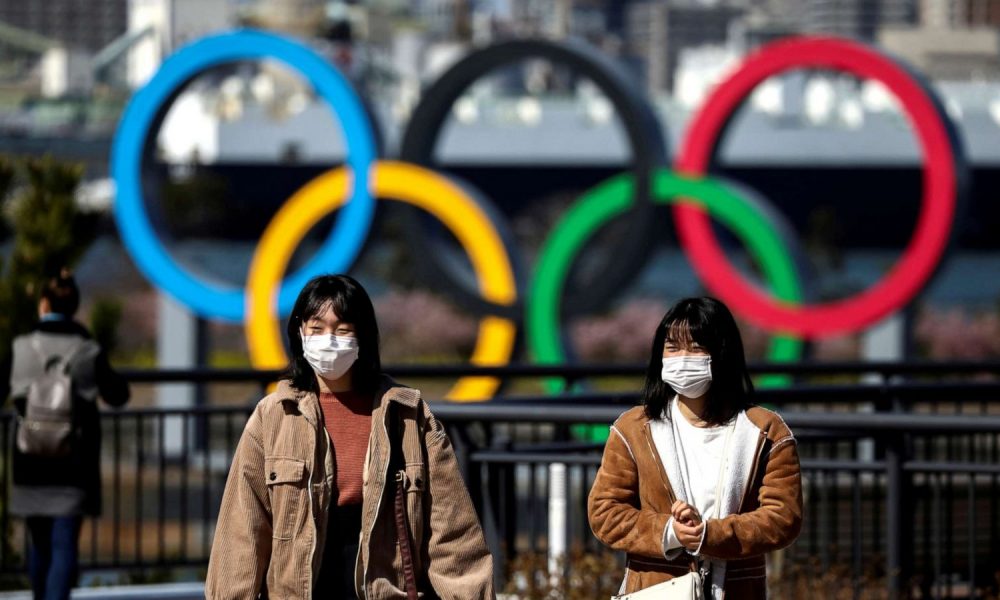Tokyo officials and the International Olympic Committee (IOC) are scheduled to meet this Thursday to determine if their plan to host spectators at half capacity needs to be further reduced.
What We Know:
- The Tokyo Olympics are set to start July 23 but cases of COVID-19 have already begun to rise. On Monday, officials confirmed 342 new cases, the 16th straight day of increase. On Saturday, that number rose to 716 which is the highest in over a month. The country’s population is only 13.8% fully vaccinated and the majority of that statistic is elderly individuals.
- Experts warned government advisors that infections could explode during the event, projecting potential daily caseloads of over 1,000. This would put significant strain on Japan’s healthcare system. Director-general of the National Institute of Infection Diseases and head of the government’s COVID-19 advisory board, Ryuji Wakita, strongly encouraged tighter border controls to detect and isolate infected arrivals to prevent infections from spreading.
- Two positive tests from the Ugandan team have already caused public concern. One member tested positive upon arriving at Narita International Airport and was quarantined, but the other 9 members were allowed to travel by bus to their training location. A few days later, another team member tested positive and forced 7 town officials and drivers to isolate as a result. Both infected athletes were positive for the delta variant.
- Dozens of municipalities have canceled any hosting arrangements despite revised guidelines that would allow them to request guests stop training and isolate themselves. Prime Minister Yoshinide Suga went to Haneda International airport on June 28 to inspect the testing measures. He vowed to ensure proper controls as athletes, officials, and media begin to arrive in the country.
- Already venue capacities have been decreased to 10,000 or 50%. Attendance to the opening ceremonies has been limited to people connected to sponsors, diplomats, and other special guests. Competitions at large venues and events scheduled past 9 pm will not allow spectators in hopes of discouraging people from spending time in the capital after their conclusion. Even the ceremonial Olympic torch relay has been affected, moving off public roads and replaced with ceremonies closed to the public.
Suga is expected to extend Japan’s state of emergency beyond the initial July 11 end date. Members of the Liberal Democratic Party that Suga represents are in favor of a spectator ban after poor results in a metropolitan assembly election, a result of voter anger over the government’s handling of the pandemic.



